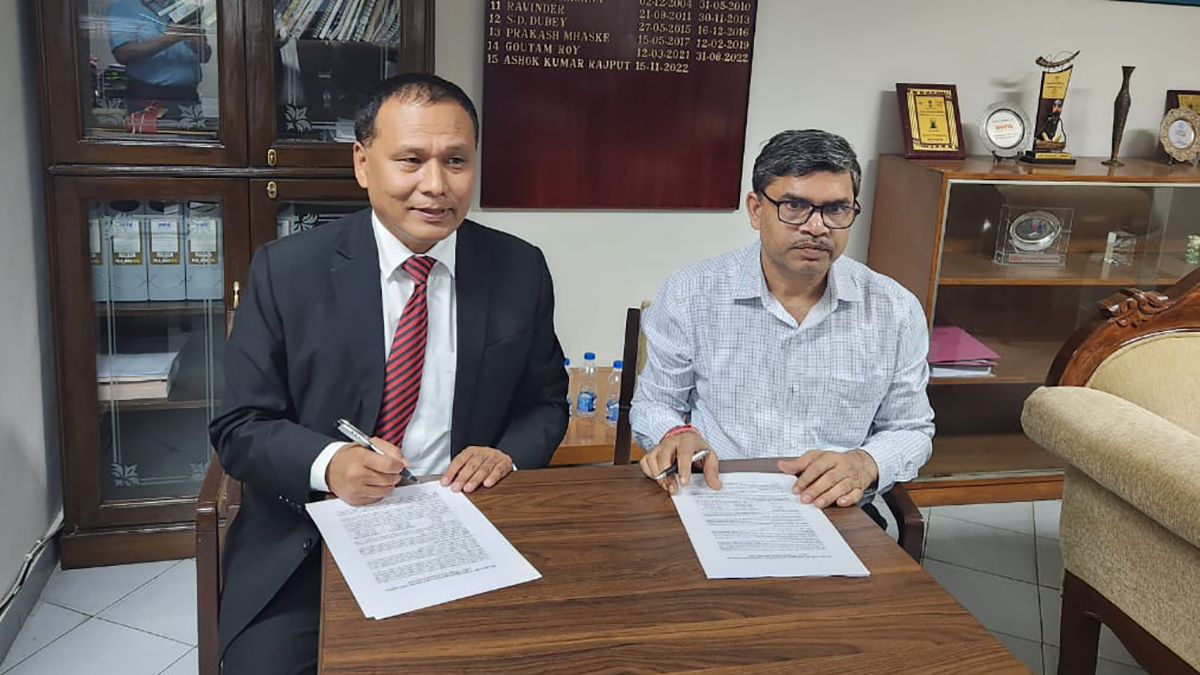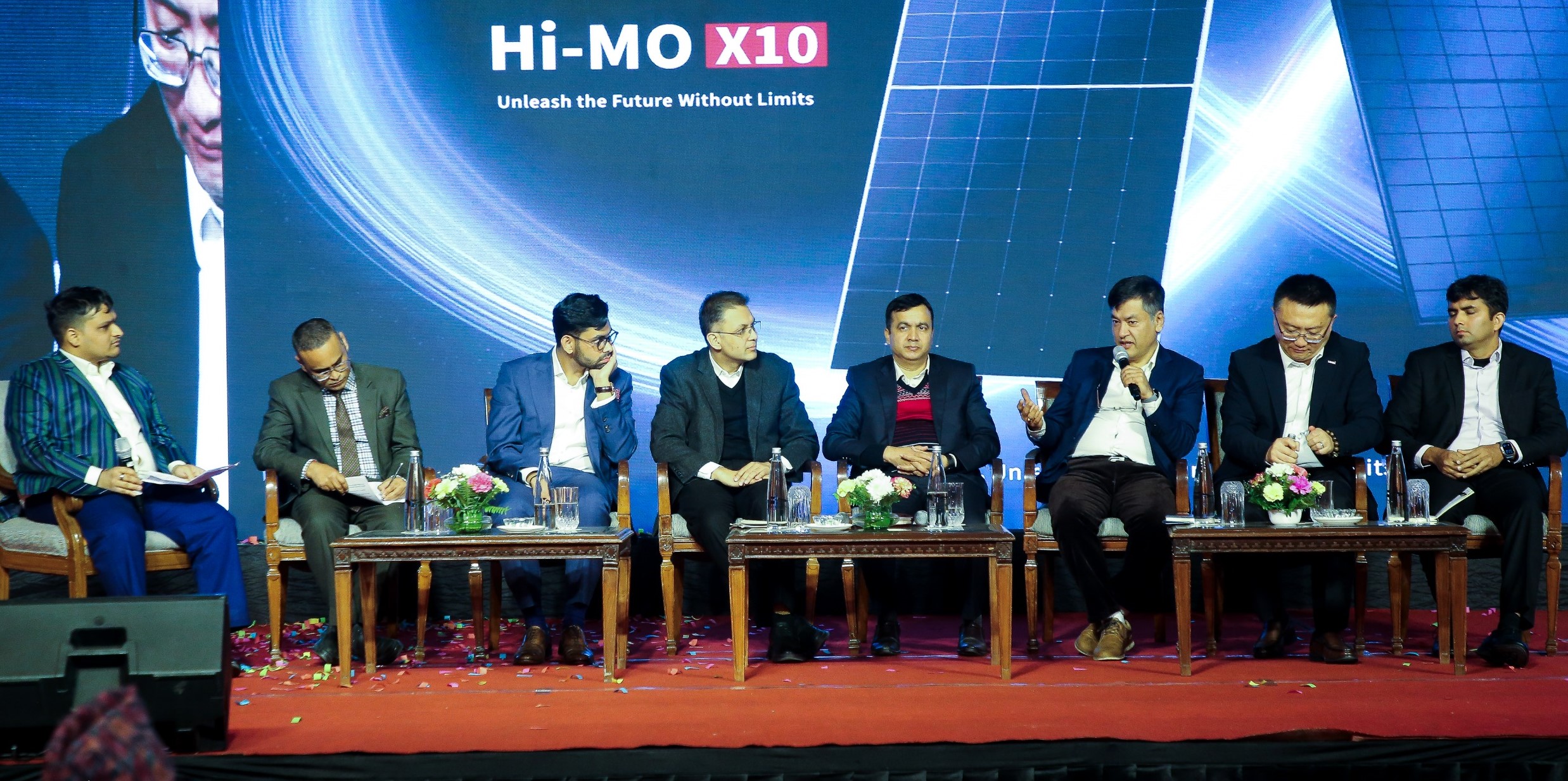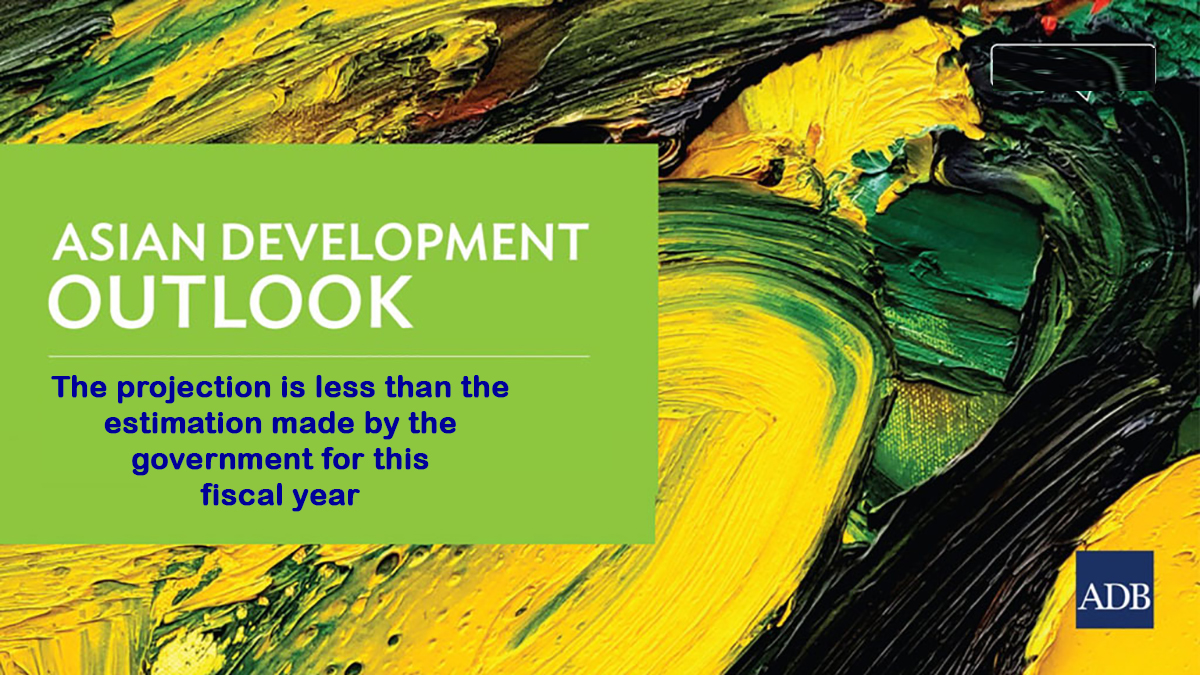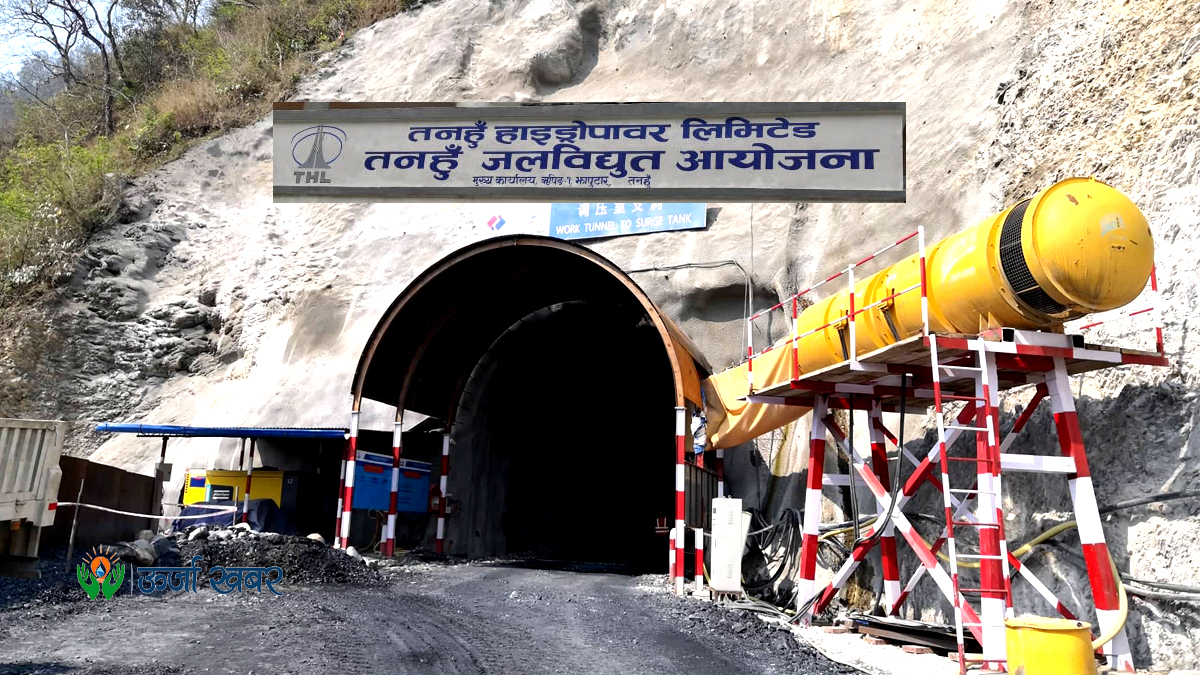Energy Update
Tariff of Nepal-India cross border electricity supply hiked

Kathmandu: Nepal and India have agreed to hike rates of electricity to be supplied via cross-border trade. At the revised rate, Nepal will have to purchase electricity produced in Bihar and Uttar Pradesh at Rs 11.54 (INR 7.21) per unit. The new rate is 5.5 percent more than the existing rate of electricity purchased by Nepal.
Through the 14th meeting of the Nepal-India Power Exchange Committee (PEC) concluded on Friday, Nepal agreed to the Indian proposal to increase the electricity tariff to be purchased by the landlocked country. Kulman Ghising, Executive Director of Nepal Electricity Authority (NEA), and Ashok Kumar Rajput, Member of Power System of Central Electricity Authority of India, inked an agreement regarding the new rate of cross-border electricity trade.

For a long time, India has been pushing Nepal to settle at the new rates. Although India authority had proposed to revise the rates previously in 12th and 13th PEC meetings, NEA has been refusing to keep up with the new rates. As per the 11th PEC meeting, the rate needs to be increased by 5.5 percent every year.
The new rate will be applicable even when exporting to India. The new fixed rate is not on a take-or-pay basis, and it is cheaper than the current Indian market rate, according to NEA.

Meanwhile, India has agreed to expand transmission lines along Nepal-India borders of Indian land facilitating Nepal for cross-border electricity trade. India’s consent came up only after Nepal agreed to increase the rate of electricity to be exchanged between two countries.
The 14th PEC meeting of two countries has decided to allow Nepal to export electricity to other states through the transmission grid of Bihar state. The modality for the expansion of electricity export is yet to be decided, but Nepal will have to finalize it within a month.
The Kataiya (Bihar)-Kushwa (Nepal) and Raxaul-Parwanipur 132 KV transmission lines are connected with Bihar. In the 10th meeting of the Nepal-India Energy Secretary-level joint directorate committee, it was decided to complete the construction of the second circuit of Kataiya-Kushwa and Raxaul-Parwanipur 132 KV transmission lines by March 2023 and April/May 2023, respectively.
NEA has been importing electricity from India's Bihar, Uttar Pradesh, and Uttarakhand when needed. The authority imports the most electricity from Bihar when required compared to the other two states. The new rate has been set so that Nepal can get electricity at the time it wants, and the rate will be cheaper than the current market rate.
NEA earned Rs 8.44 billion by selling surplus electricity produced during peak season in the Indian market in the current fiscal year.
Conversation
- Info. Dept. Reg. No. : 254/073/74
- Telephone : +977-1-5321303
- Email : [email protected]














.jpg)